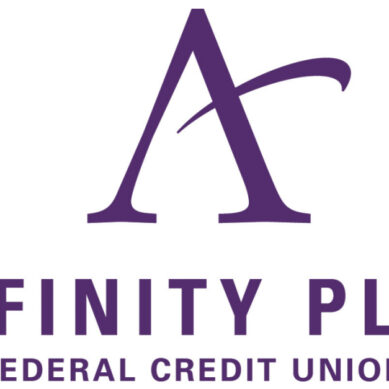Last week, Democrats in the House and Senate introduced legislation aimed at protecting victims of fraud by requiring financial institutions to reimburse customers who send ill-advised electronic fund payments.
Named S. 4943 The Protecting Consumers from Payment Scams Act, the legislation would amend the existing Electronic Fund Transfer Act (EFTA) and put financial institutions on the hook for reimbursing members/customers who fall victim to EFT scams. The full onus of such fraud wouldn’t fall solely on FIs, though. Payments would need to be split evenly between the credit union, for example, and the institution that received the fraudulent transfer.
Zelle was called out explicitly as being a means by which many Americans are defrauded. “Zelle’s speed and convenience have made it a target for bad actors looking to trick unsuspecting consumers out of their hard-earned money,” said Senator Richard Blumenthal (D-CT), who cosponsored the bill. “Despite this growing threat, Zelle and the banks that own it have failed to implement adequate safeguards and reimbursement policies to make consumers whole when they fall victim to scams and fraud. Our measure takes bold action where Zelle’s efforts at self-regulation have fallen short, ensuring that instant payments do not automatically result in instant losses for consumers.”
Senator Elizabeth Warren (D-MA) added that “Americans are sick and tired of these scams. Banks and peer-to-peer payment services like Zelle need to be held accountable for the scammers that are operating on their platforms.”
In a press release from Senator Blumenthal, the three largest owner banks of Zelle—JPMorgan Chase, Bank of America, and Wells Fargo—were singled out for failing to reimburse consumers despite existing requirements to do so, reimbursing victims who reported from 38 percent of the time in 2023, down 62 percent from 2019.
The Act would: “Protect consumers when they are defrauded into sending a payment to a bad actor, and require relevant firms that facilitate these payments to share liability; Clarify that consumers are protected when they use bank wire transfers and electronic transfers authorized by telephone call; and Ensure that error resolution duties apply if the consumer’s account is frozen or closed, unless access has been denied due to a court order, law enforcement, or the consumer obtained the funds through unlawful or fraudulent means.”
America’s Credit Unions quick to respond
Despite identifying Chase, Bank of America, and Wells Fargo as particular offenders, the legislation would have far reaching consequences for other financial institutions, including credit unions. In a letter addressed to the U.S. Senate on August 5th, America’s Credit Unions expressed its opposition to The Protecting Consumers from Payment Scams Act, and pointed out that credit unions and community banks make up 95% of the institutions that participate in the Zelle Network.
The letter, signed by America’s Credit Unions President & CEO Jim Nussle, identifies the severe costs on credit unions that would incur while also pointing out that the bill fails to address any of the root causes that have allowed criminal activity to become so prevalent.
Wrote Nussle: “The EFTA was designed to strike a balance between a financial institution’s role in preventing unauthorized transfers and the individual’s responsibility to exercise sound financial judgment over what they choose to authorize. S. 4943 would destroy that balance. To effectively combat fraud while providing members with convenient and affordable payment options, credit unions must have confidence that longstanding limits on financial institution liability will not suddenly change when conduct outside the industry’s control evokes political concern.”
As much of the fraudulent activity the Act seeks to address takes place outside the credit unions’ control, the burden would fall unfairly on the credit unions that provide services. America’s Credit Unions added that credit unions work hard to educate members on fraud schemes and common scams, but there’s a limit to the influence they can exert on members. As such, they feel resources should instead be directed towards mitigating fraud through law enforcement and education.





























































